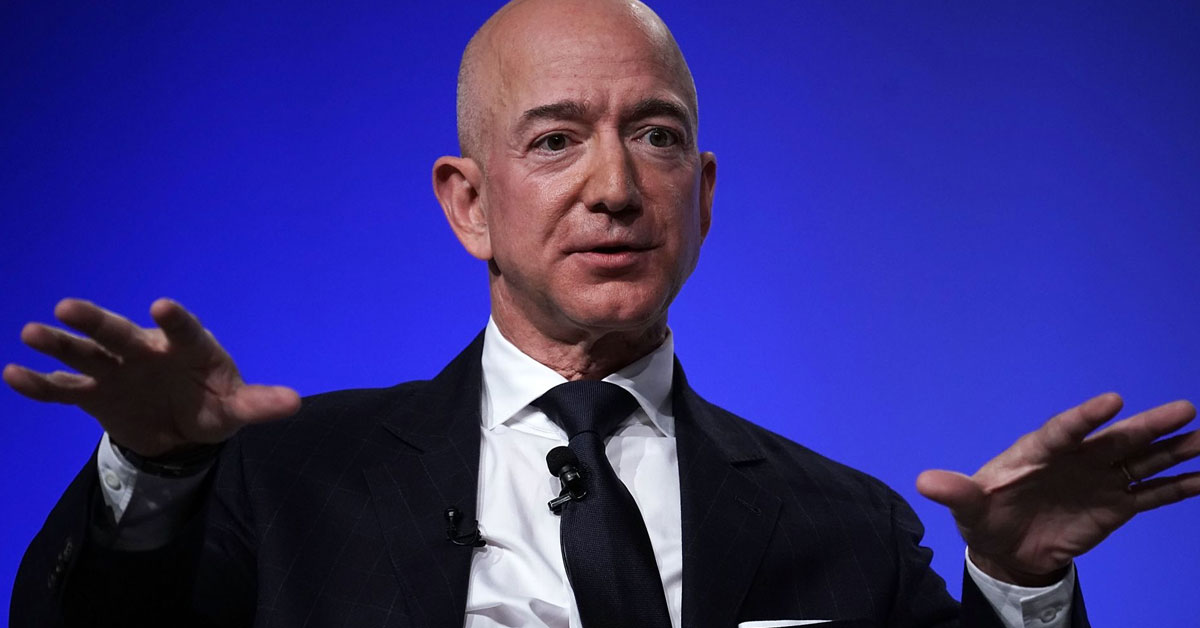Amazon to be held liable for defective third-party products
California appeals court subjected Amazon to strict liability for defective products sold by third parties on its marketplace.
The case was filed by Amazon customer Angela Bolger who purchased a replacement laptop battery from Hong Kong-based company Lenoge Technology (E-Life on Amazon’s marketplace) which allegedly exploded and caused her severe burns, reports Quartz.com.
A trial court ruled that responsibility lay not with Amazon but the third-party seller.
The appeals court saw it differently. “Whatever term we use to describe Amazon’s role, be it ‘retailer,’ ‘distributor,’ or merely ‘facilitator,’ it was pivotal in bringing the product here to the consumer,” the ruling stated.
In other words Amazon didn’t merely allow the publication of a product listing but actively stored and shipped the battery in Amazon packaging, writes tamebay.com.
The court also recognized that a buyer can’t communicate directly with a retailer but is forced to do so through the Amazon site with all communications ‘anonymized’.
It must be noted that Amazon will require third-party sellers to disclose their names and addresses, starting from September, 1. This new policy is aimed to help businesses fighting fraud or taking legal action against sellers over counterfeit goods.
Amazon appealed California court’s decision, saying that it wasn’t liable because it didn’t distribute, manufacture or even sell the product.
If Amazon’s appeal is unsuccessful, its business could be dealt a significant blow. If the ruling stands, it opens Amazon to liability in other instances too, such as sales of counterfeit items on its marketplace.
More Amazon news

Trump is targeting Amazon and Alibaba
President Trump signs trade memorandum on counterfeit products President Donald Trump puts Amazon, Alibaba, eBay and other online marketplaces on notice, signing a memorandum that aims to curb the sale of counterfeit items online. “This is a shot across...

Drunken online shopping is big business — especially for Amazon
Drunk shopping is an estimated $48 billion industry 85 percent of drunk shoppers visit and make ill-advised purchases on Amazon Tech and business newsletter The Hustle surveyed more than 2,000 alcohol-drinking adults about their online shopping behaviour...

Jeff Bezos: Smart people make decisions differently than everyone else
Smart people tend to change their mind a lot Smart people are open to new points of view, new information, new ideas, contradictions, and challenges to their own way of thinking Jason Fried, co-founder of Basecamp and co-author of the New York Times...


